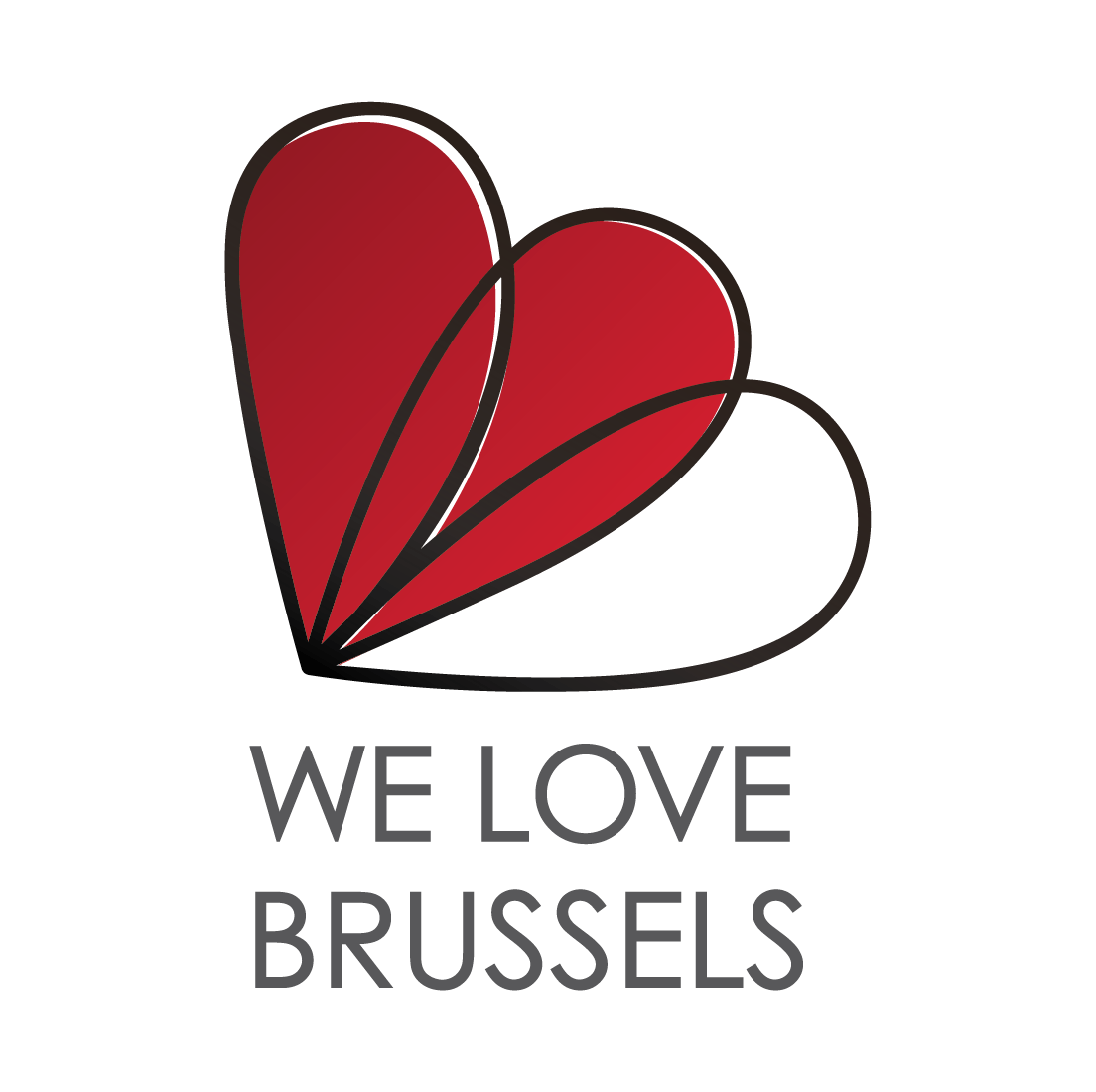Two thousand years ago, the Roman poet Ovid wrote his masterpiece Metamorphoses. It’s a wonderful book full of mystery but at the same time also a book in which women and nymphs are chased by men, lose their voices and are transformed into stones, water, animals …
The starting point for Manuela Infante’s newest piece is a question: how is the concept of “human” being produced in these stories? Why is nature a separate territory, and why are women so easily expulsed into that fabricated otherness or wilderness? By inventing an Otherness and attaching women to it, ‘human’ is being delimited as a privileged place for men. No wonder then that alt-right groups today venerate these classics as models of behaviour for twenty-first century modern man … Still, working with these texts is important for Infante: “We need to deconstruct the canon from within. These kinds of pieces aren’t only about damaging dogmas – the beauty of it is that all the ingredients we need to approach the world in a completely different way are contained within them too. It’s why it’s so rich and useful to work with a writer like Ovid.”

In Metamorphoses, Infante seeks out how the border dividing human from non-human is fabricated in the text, and then infringes it. For don’t those same distinctions form the basis of people’s – white men’s – arguments to allow for categorising and thus colonising to exploit or appropriate? What difference whether it’s about colonizing women or people of colour, animals or nature? By vampirizing, sucking out the blood, of these outdated fabricated categories, Infante opens nowadays ways to deal with ancient literature. The new piece could be best described as a ‘noise play’ in which all voices are processed live. In the enchanted soundscape thus created, voice is not an expression of human agency but rather a more-than-human thing. A voice is a thing borrowed from the wind, that entangles humans and nonhumans in endless ventriloquisms, refrains and echoes, without ever belonging to either.
Manuela Infante is an internationally-renowned Chilean theatre maker, familiar to KVS audiences through her previous piece Estado Vegetal. She has been preoccupied with the non-human for some time. She also shares a fascination of Ovid with Michael de Cock (Artistic Director at KVS), who has himself made several adaptations of the classic stories.
From 13.11 – 05.12 2020 in KVS BOX, Brussels
More info & tickets: KVS




